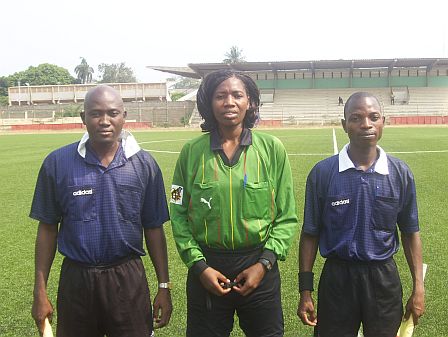"Winning isn't everything; it's the only thing."
Ethical question
When the Uruguayan stopped the ball with his hand on the goal-line in the final minute of extra time in the World Cup quarter final between Ghana and Uruguay, was he “a cheat”, a national hero or was he simply doing what every player would have done? [In commenting on the incident I want to draw out the principles, and not pass judgment on the player in question. For that reason I am not mentioning him – or any other player involved in an incident referred to - by name].First of all it must be said that the timing and significance of the incident multiplied the emotion. Had Ghana scored the resulting penalty and progressed to the semi-final, then I think the incident would have been quickly forgotten. That the act of “cheating” helped take Uruguay into the semi-final, gave it added poignancy. That an African nation was “wronged” also upped the emotional stakes.
The laws of Association Football state that a penalty kick shall be awarded if a player (other than the goalkeeper) “handles the ball deliberately” in their own penalty area. In addition a player is sent off for “denying the opposing team a goal or an obvious goal-scoring opportunity by deliberately handling the ball”.
Before getting into the moral arguments, I think that we need to say that most players would have done the same. It is instinct if you are on the goal-line to try to prevent the ball from going in into the goal. That is not a justification for the Uruguayan player’s actions, just a statement of fact, which gives a context.
The issue would also have been quite different, had the officials (as, for example, a rugby referee has) had the power to decide that a probable goal had been prevented by foul means and to award a goal. However the laws of Association Football clearly state that a goal can only be awarded if the officials are convinced that the whole of the ball has crossed the whole of the line. However, that potential pragmatic solution does not help us solve the ethical issues.
Does an action have to have an element of deception to qualify as cheating? There was no apparent attempt to deceive on the part of the Uruguayan player. He simply stuck up his hand, stopped the ball entering the goal and accepted the consequences – a penalty kick against his team and a red card for him.
Dick Farr played hockey for Cambridge University and Hampstead as a goal-keeper. (He is now an Anglican vicar, a guardian of moral values). Dick regarded bringing down an opponent to deny a goal-scoring opportunity and taking his chance with the penalty stroke as quite legitimate.
"The rules allow for it. I am accepting the rules of the game. There is nothing underhand about it. I am taking a particular action - bringing down an opponent - and accepting the consequences. If the consequences included being sent off and leaving the team a player short, then one has to think harder about it than when I was playing hockey. I would not regard this as cheating. Conning the umpire, feigning an injury to get someone send-off, that is cheating - deliberately conceding a penalty is not cheating it is playing within the framework of the rules." Is he right?
World Cup incidents which involved deception would include – the German goalkeeper (by his own admission) trying to convince the referee that the Frank Lampard’s shot had not crossed the line and the Brazil striker’s double “hand-ball” while “scoring” against Cote d’Ivoire. Not to mention the infamous handball, which got France to the World Cup in the first place.
Ed Smith in his book “What sport teaches us about life” makes some helpful comments. "When is getting away with it acceptable? And when is cheating really cheating?

